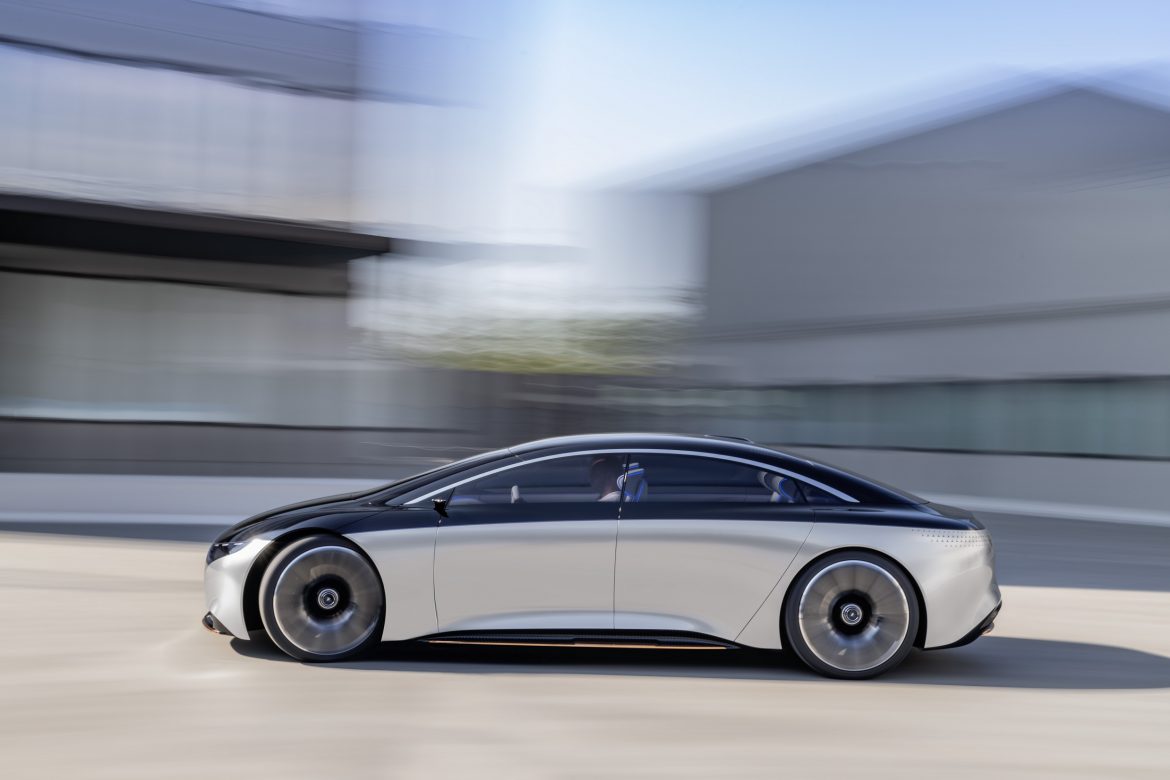While Mercedes-Benz is looking to stay committed to their electric car developments for the foreseeable future, it looks like they will be dropping out of the autonomous driving race, citing that “We do not compete in any race that we can no longer win.”
UPDATE: The current Head of Digital Transformation at Daimler AG, Sascha Pallenberg took to Twitter to clarify that that RND has misrepresented that quotes and that Mercedes is still indeed moving forward with their autonomous driving technology development.
-Original Article Below-
In comments made to RND, the new head of Mercedes-Benz, Ola Källenius revealed that he will be pulling back some of the ambitions that his predecessor, Dieter Zetsche, had in regards to Mercedes’ developments for autonomous driving.
A big factor in deciding to develop its own autonomous driving software was so that the German automaker would be able to set up its own car-sharing/mobility service to provide an extra revenue stream for the company. However, according to Källenius, such an endeavor does not look profitable and so they will be bowing out of the race for the time being (if not, forever).
“The conversion to a mobility provider is a thing of the past. We will move away from it again. You can’t make money with offers like car sharing. Our investors not only expect sales, but also above all profit.”
The news comes on the heels of Tesla releasing an impressive beta of their full self-driving suite and Waymo continuing to demonstrate its autonomous taxis in Phoenix, Arizona. The sentiment that Tesla is as much of a tech company as they are an automaker has grown over the past years, and incidents like these further push that line of thinking. Mercedes admits that a large part of the hurdle to getting to the systems to work is down strictly to the software. Mercedes commented that “Waymo consists of IT specialists. They don’t care which model and which brand they transplant their software into.” In an effort to save some pride, the automaker added that “we want to build desirable cars”, implying that a company is unable to provide both a desirable car and a working autonomous system. And I suppose that if they are using Waymo and their fleet of Chrysler Pacificas as an example, then I can’t fault them for not considering those to not be desirable cars.
Still, it’s another rude awaking for any established automaker who now has to specialize in a different set of skills to keep up with the planned future. Developing electric vehicles should take precedence over autonomous driving, so I can’t fault Mercedes in their decision between the two, but it will be interesting to see how many successful systems will actually spawn from in-house and how many automakers will have to turn to third-parties such as Waymo for their sensors and software.
What do you guys think of the decision? Let us know down in the comments below.
